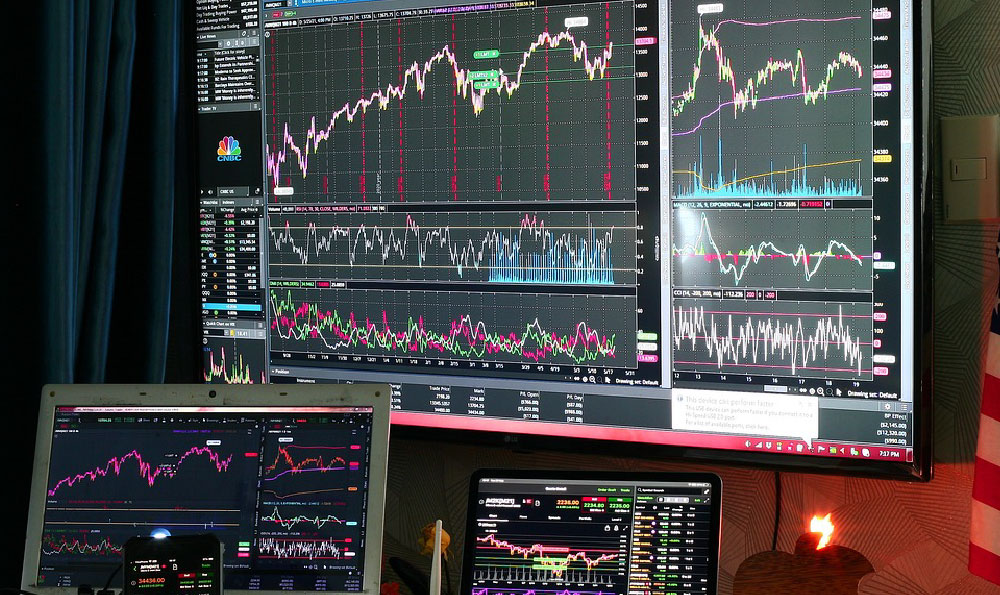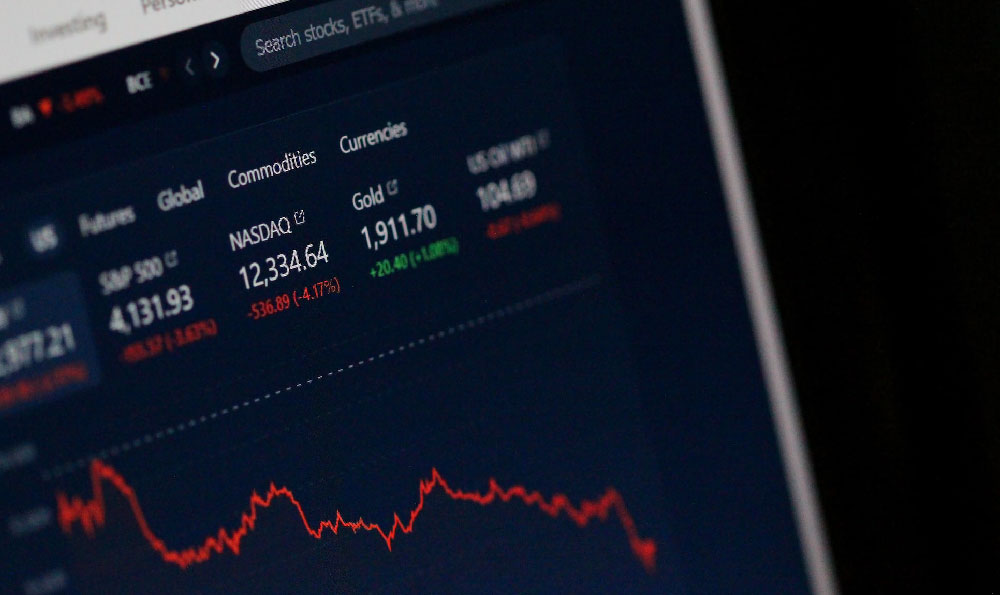The allure of nostalgia, coupled with the potential for significant returns, has propelled Pokemon cards from playground collectibles to a legitimate investment asset. The question of whether Pokemon cards are profitable is not a simple yes or no; it's nuanced and depends heavily on knowledge, timing, and strategy. While stories of rare cards fetching exorbitant prices capture headlines, the reality is that profitability isn't guaranteed, and understanding the dynamics of the Pokemon card market is crucial for success.
Firstly, recognize that the Pokemon card market is not a monolithic entity. It encompasses a vast array of sets, rarities, and conditions, each influencing the card's value. Factors such as the card's age, print run, character popularity, artwork, and grading significantly impact its price. A first edition holographic Charizard from the Base Set, graded a pristine PSA 10, is a holy grail for collectors and investors alike, commanding prices that can easily reach hundreds of thousands of dollars. Conversely, common cards from more recent sets are unlikely to hold significant value, unless they possess unique characteristics like misprints or errors that make them rare and desirable.
To maximize your chances of making money selling Pokemon cards, a deep understanding of market trends is essential. Pay close attention to which sets are gaining popularity, which characters are in demand, and which cards are being hyped by influencers and collectors. Online marketplaces like eBay, PWCC Marketplace, and specialized Pokemon card auction sites are invaluable resources for tracking prices, monitoring sales data, and identifying potential investment opportunities. Familiarize yourself with grading companies like PSA, Beckett, and CGC, as graded cards generally command higher prices due to the authentication and condition assessment they provide.

Strategic purchasing is paramount. Avoid impulse buys based solely on hype. Instead, conduct thorough research before acquiring any cards. Consider purchasing sealed booster boxes or individual packs from sought-after sets, as these can appreciate in value over time, especially if they contain rare and desirable cards. However, be aware that opening sealed product is a gamble; you may not pull a valuable card, and the cost of the sealed product might exceed the value of the cards you obtain. Alternatively, consider buying graded cards directly. While this requires a higher initial investment, it provides more certainty about the card's condition and authenticity, reducing the risk of buying a fake or damaged card.
Furthermore, focus on quality over quantity. Investing in a few high-grade, highly desirable cards is often more profitable than hoarding numerous common cards. The condition of the card is paramount. Even a rare card in poor condition will be significantly less valuable than one in mint or near-mint condition. Handle your cards with care, using protective sleeves and top loaders to prevent damage from scratches, bends, and sunlight. Consider storing your collection in a climate-controlled environment to protect against humidity and temperature fluctuations, which can degrade the cards over time.
Selling Pokemon cards effectively is just as important as acquiring them strategically. Utilize online marketplaces to reach a wide audience of potential buyers. Create detailed listings with clear, high-quality photographs of the cards, accurately describing their condition and any relevant details. Be transparent about any flaws or imperfections, as honesty builds trust with potential buyers. Consider offering competitive pricing to attract buyers, but don't undervalue your cards. Research comparable listings to determine a fair market price.
Beyond individual cards, consider the potential of "slabbed" or graded cards. Submitting cards for grading can increase their value, but it also involves costs and risks. The grading process can be subjective, and the grade assigned to a card can significantly impact its value. Before submitting a card for grading, carefully assess its condition and determine whether the potential increase in value justifies the cost of grading.
Keep an eye on the Pokemon franchise as a whole. New game releases, anime series, and promotional events can all influence the demand for specific cards and characters. Stay informed about upcoming releases and potential trends to anticipate shifts in the market. For example, the release of a new Pokemon video game featuring a particular Pokemon might drive up the demand for cards featuring that Pokemon.
Be wary of scams and fraudulent activities. The Pokemon card market is not immune to counterfeiting and fraudulent schemes. Always purchase cards from reputable sources and be wary of deals that seem too good to be true. Authenticate valuable cards before purchasing them, and be cautious when dealing with unfamiliar sellers. Utilize escrow services or payment methods that offer buyer protection to minimize the risk of fraud.
Finally, understand that the Pokemon card market is volatile and subject to fluctuations. Prices can rise and fall based on supply and demand, as well as external factors like economic conditions and media attention. Be prepared to hold onto your cards for the long term, as the market may not always be favorable for selling. Patience and a long-term perspective are essential for successful Pokemon card investing. Selling Pokemon cards for profit requires a blend of knowledge, research, strategy, and patience. It's not a get-rich-quick scheme, but with careful planning and execution, it can be a rewarding and potentially lucrative endeavor. Approach it with a clear understanding of the risks involved, and always prioritize protecting your investment.












